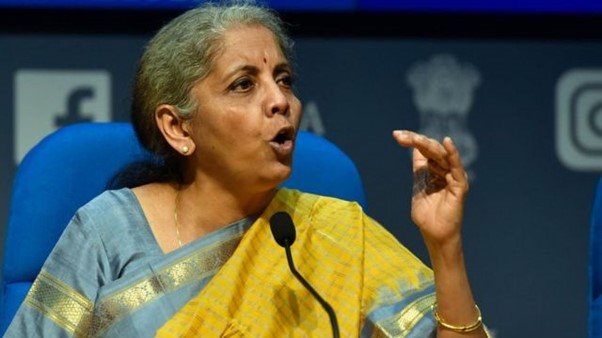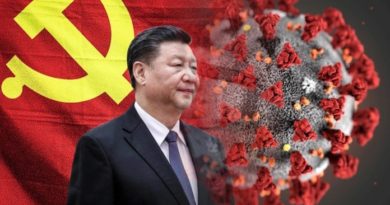Bank strike: Why is the Modi government privatizing state-run banks?
On Monday and Tuesday, there will be a strike in all the government banks of the country.
The strike is called by the United Forum of Bank Unions, the country’s largest bank employees organization. The Forum consists of nine organizations of bank employees and officers of India.
The biggest reason for the strike is the government’s announcement that apart from IDBI Bank, it is going to privatize two more public banks. Bank unions are opposing privatization. He says that when the government banks need to be strengthened and entrusted with the responsibility of accelerating the economy, then the government is on the opposite path.
Bank workers against privatization
Finance Minister Nirmala Sitharaman has announced in the budget that two public sector banks and one general insurance company will be privatized this year.
Earlier, the work of selling IDBI Bank is going on and the announcement of selling stake in Life Insurance Corporation was done in the budget of last year itself. The government has not yet told which banks it is going to sell its entire stake or part of.
But such discussion is loud that the government is preparing to sell four banks. The names of Bank of Maharashtra, Bank of India, Indian Overseas Bank and Central Bank of India are being taken.
There is no formal confirmation of these names. But along with about one lakh thirty thousand employees of these four banks, this discussion has been disturbed in other public sector banks as well.
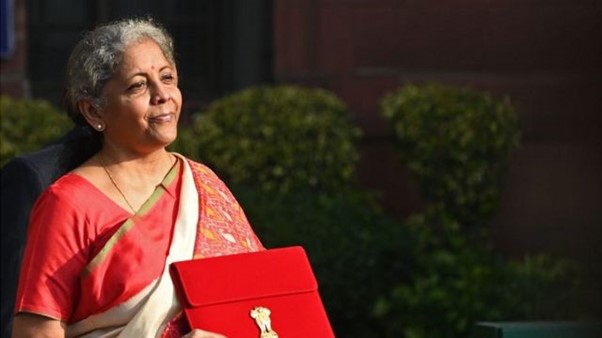
Nationalization of banks
In 1969, Indira Gandhi’s government nationalized 14 banks. It was alleged that these banks are not fulfilling their social responsibility to take forward all parts of the country and only remain puppets in the hands of their boss Seths. This decision is considered to be the beginning of bank nationalization.
However, earlier in 1955, the government had taken over the State Bank of India. And after this, in 1980, the Janata Party government of Morarji Desai nationalized six more banks. But after 52 years of bank nationalization, now the government is turning this cycle in the reverse direction. In fact, since the 1991 economic reforms, it has been said repeatedly that the government’s job is not to do business. Prime Minister Narendra Modi has recently reiterated this assertion.
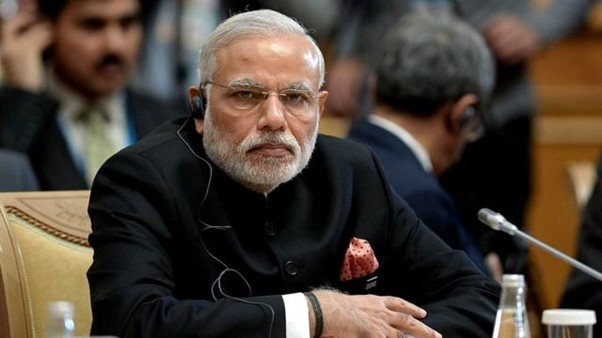
What problems after nationalization
It is clear that the government is going to work vigorously in all areas to sell privatization, i.e., government companies. This government has even said that now it does not want to insist on keeping companies with them even in strategic sectors ie strategic sectors.
A major problem in the case of banks is also that the previous governments have been making such announcements to entice the public or to garner votes, which the public sector banks had to bear.
A loan pardon is his biggest example. And after this, when the condition of the banks deteriorated, the government had to put capital in them and then raise them.
After nationalization, despite all kinds of reforms and many times capital infusion from the government, the problems of these state-run banks have not been completely eradicated. They are also lagging behind private sector banks and foreign banks on both the deposit and credit fronts. At the same time, he is ahead of both of them in case of sinking debt or stressed assets.
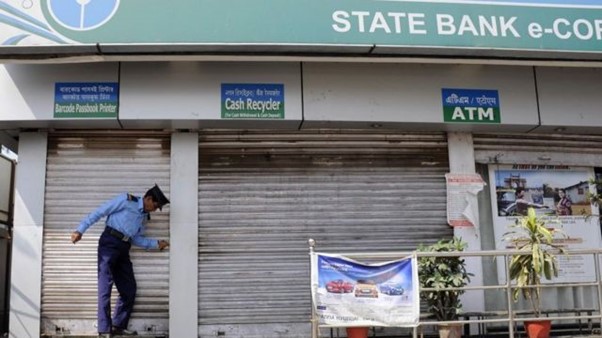
Burden for the government?
In the last three years itself, the government has invested Rs 1.5 lakh crore capital in banks and the amount of more than one lakh crore has also been given through the recapitalization bond. Now the intention of the government is clear.
It is working on a long plan under which the number of public sector banks has been reduced from 28 to 12 in the last few years. She also wants to reduce them faster. Some weak banks may be merged with other big banks and the rest sold. This is the formula.
This will free the government from the worry of improving their health by repeatedly putting capital in banks. This is not the first time such an idea has come. This has been discussed many times in the last twenty years, but the matter remained stuck in the arguments of the opposition.
Former Reserve Bank Governor YV Reddy said that nationalization of banks was a political decision, hence the decision to privatize them will also have to be taken by politics. It seems that politics has decided now.
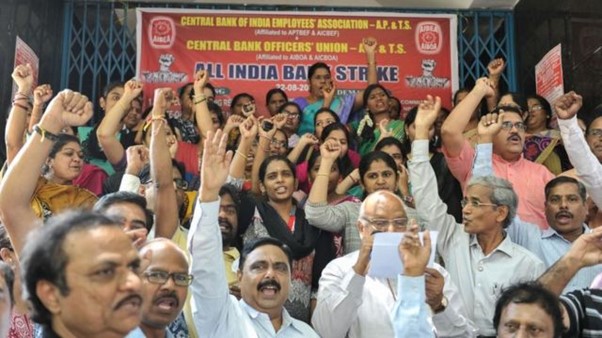
Private Bank vs Government Bank
Compared to the growth rate of private and public banks in India, it is clear that private banks have outpaced the public sector banks on almost every front.
The reason for this can also be seen within these banks and also in the government’s relationships with these banks. And it is clear that privatization of banks will hurt, but then these banks will also get the freedom to work on their own terms.
But bank employees and officials consider this argument completely baseless. He says that the bank was clear at the time of nationalization that private banks care not about the interest of the country but the interest of its owner. That is why this decision is dangerous not only for the employees but for the whole country.
The way ICICI Bank, Yes Bank, Axis Bank and Laxmi Vilas Bank have come to light in the last few years, this argument also weakens that better work is done in private banks.
And it is also true that when a bank reaches a state of complete drowning, then the government has to come forward and save it, and then this responsibility is entrusted to some government bank. This is the reason why since independence, no scheduled commercial bank has been submerged in India.
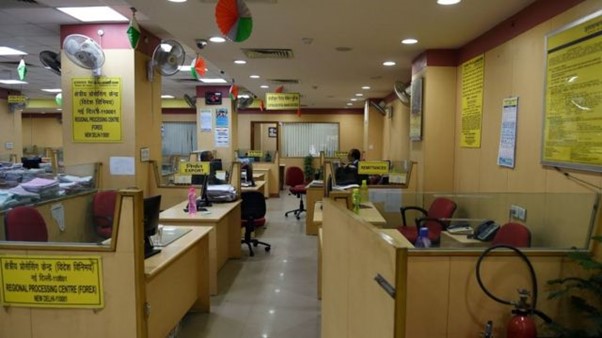
Effect of bank strike
Bank unions have made a program of long resistance against the decision of privatization. They also allege that instead of taking draconian legal action to recover subordinated debts, making laws like IBC is also part of a larger conspiracy. Because in this, public sector banks have to agree to end their case by taking a haircut on their loan, ie less than the original amount.
All employees and officers of the unions involved in the United Forum will be on strike on Monday and Tuesday. Earlier, Mahashivratri on Friday, second Saturday and Sunday was a holiday on Saturday.
That is, the work stopped in banks for the whole five days. Although there will not be a strike in private banks, so far only one-third of the total banking business is with them, that is, two-thirds of the workings may be affected.
In this too, apart from depositing and withdrawing money in banks, especially the tasks like clearing of checks, opening of new accounts, drafting and loan action can be affected. However the ATM will continue to run. The State Bank says that arrangements have been made to keep functioning in its branches, but the impact of the strike may be seen somewhere.

